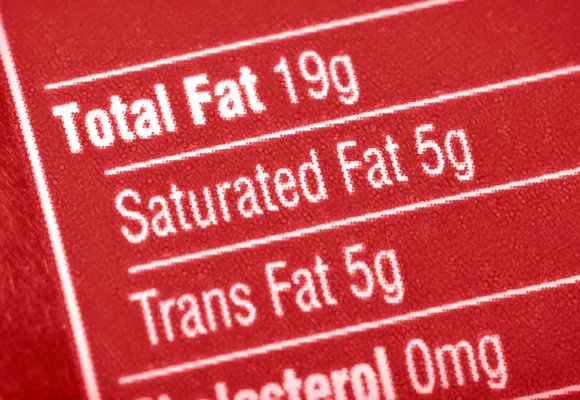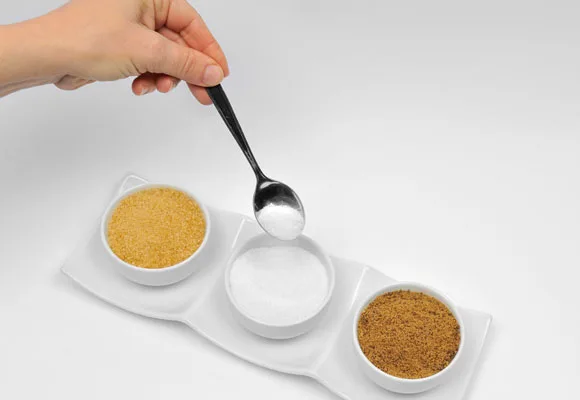McDonald’s in the US is setting out to make their Happy Meal range for children healthier by cutting portion sizes and adding fruit.
The fast-food chain has made an executive announcement to ditch the extra calories starting in September by cutting the size of the French fries portion and making the optional apple “dippers” part of the meal. The changes in the US will be considered for Australia once they are rolled out by March 2012.
“The wider United States announcement is aligned with a commitment by McDonald’s Australia – indeed McDonald’s globally, to provide great tasting food with a focus on quality, choice and nutrition,” a McDonald’s Australia spokeswoman said.
“We will look to see how the US initiative can integrate into our Australian plans, taking consideration of the steps we have already taken since we began making positive changes in 2003.
“These changes include reductions in sugar and sodium content across our menu, moving to a vegetable oil blend that is virtually free of trans fatty acids and introducing a range of choices for adults and children.”
Portions of French fries will now go from 68 grams to 31 grams which is a calorie reduction of about 20 per cent for a total of less than 600 calories, US Time reported.
Some US parents, consumer groups and even councils have turned their backs on the McDonald’s children’s menu recently.
In San Francisco the city council voted to ban toys from kids’ meals that didn’t meet strict nutritional standards for fat, salt and sugar content.
They argued that the toys made it difficult for parents to encourage their children to select healthier menu choices. A similar ban was also considered in New York.
Although the toys will remain part of the meal, McDonald’s has decided to change the portion sizes in a bid to make the meals healthier choices for children.
But some US health and nutrition experts say that a 600 calorie meal is still too much for young children, who should be consuming anywhere from 1,200 to just over 2,000 calories a day until they’re 13.
There are also concerns about the brand strategy of the fast food outlet, which markets junk food to children, even though slightly healthier alternatives are available.
Executive director of Corporate Accountability International Kelle Louaillier said credit was due to the food chain for the health conscience menu changes, but the branding needed to be addressed.
“McDonald’s deserves credit for not only taking these steps but for acknowledging its role in today’s epidemic of diet-related disease in so doing,” she said in a statement.
“It’s a good first step. However, the corporation has yet to address the central issue: its aggressive brand marketing to kids. And so long as burgers, fries and soda offerings to kids, alongside toys, remain central to that brand, health professionals will continue to call for the marketing to stop.”
Newsletter conversion description. Get the latest in your inbox.



.png?resize=380%2C285)
.jpg?resize=380%2C285)




.png?resize=380%2C285)








































